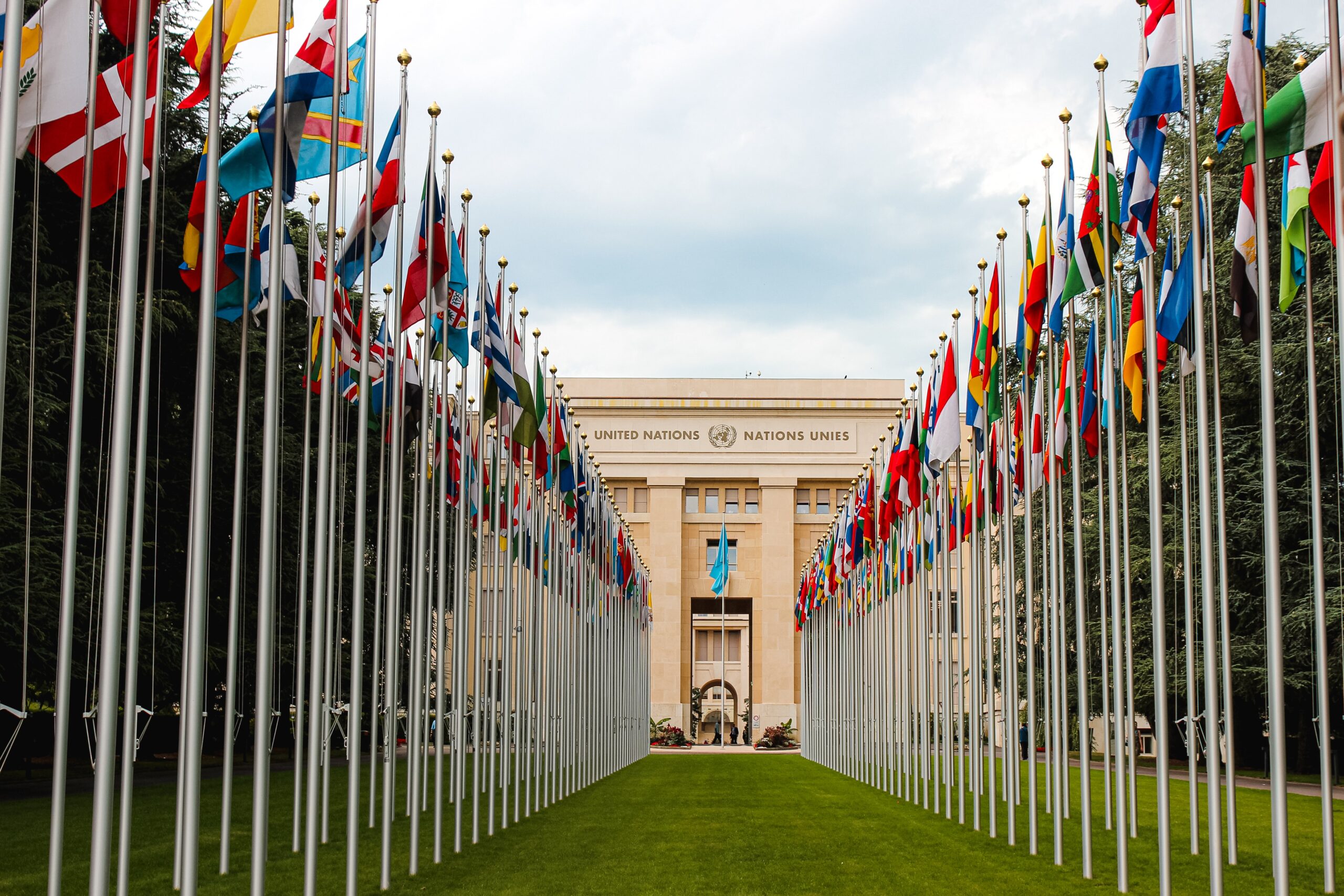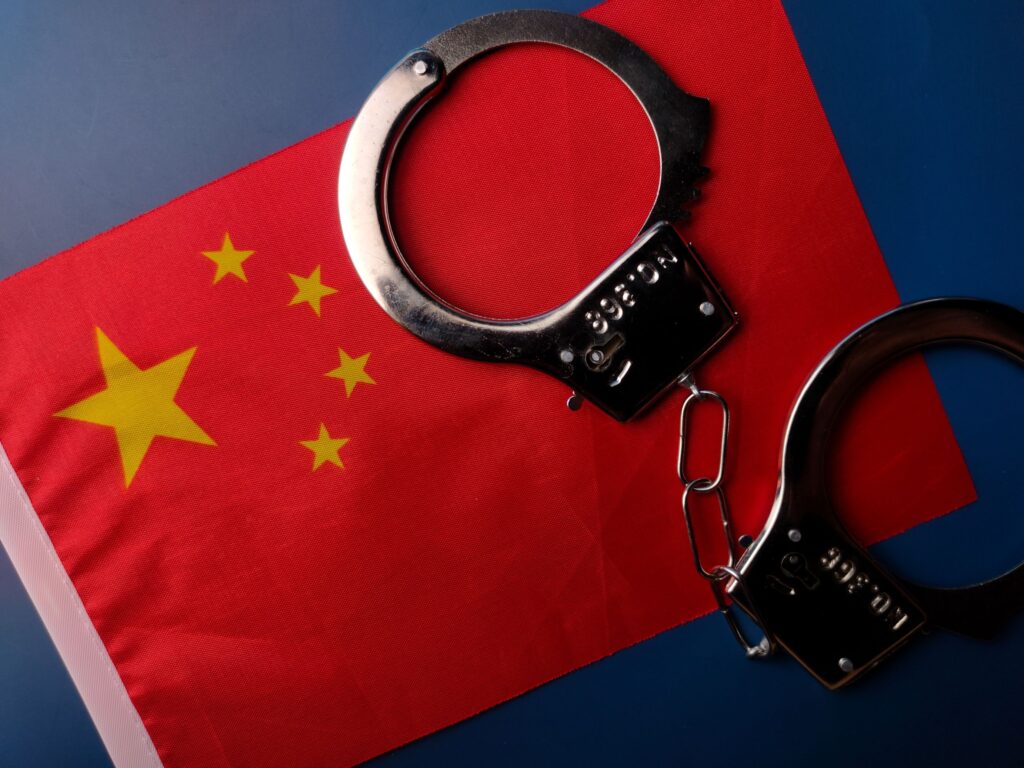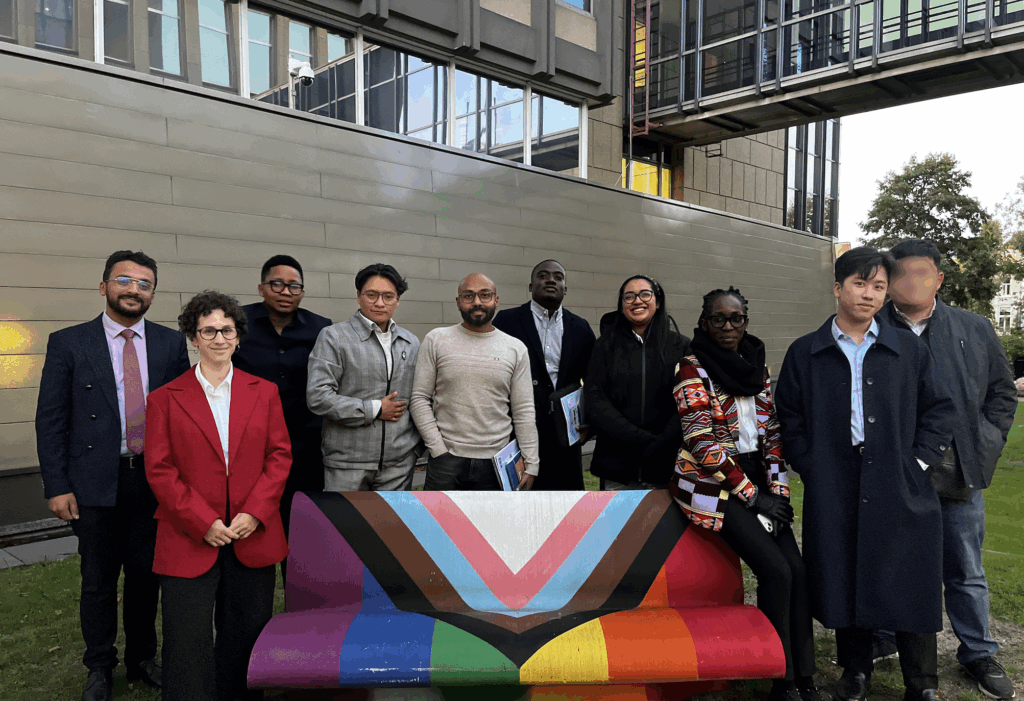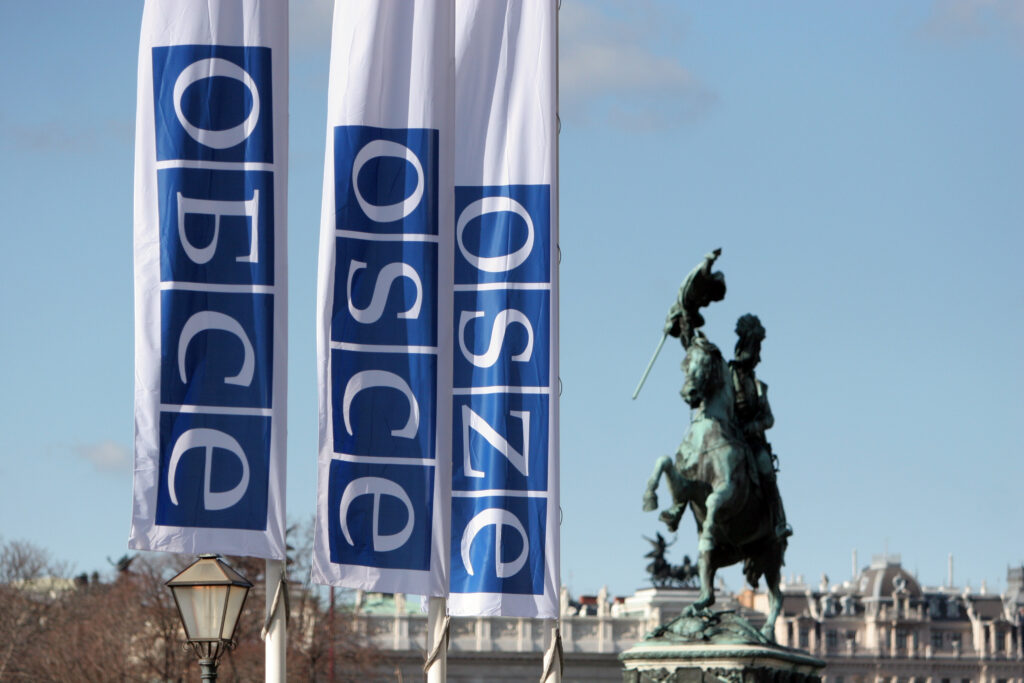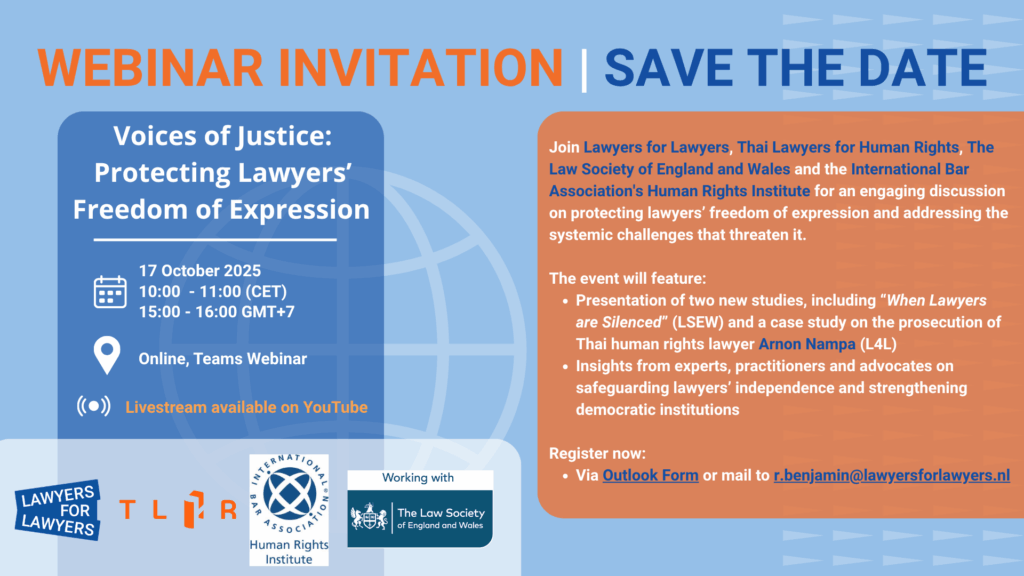On 13 September, Lawyers for Lawyers, the International Bar Association’s Human Rights Institute and the Law Society of England and Wales delivered an oral statement during the interactive dialogue with the Independent Investigative Mechanism for Myanmar (IIMM). The dialogue took place during the 48th session of the UN Human Rights Council.
The statement reads as follows:
The International Bar Association’s Human Rights Institute, the Law Society of England and Wales and Lawyers for Lawyers condemn the violent attacks against peaceful protestors following the military coup d’état in Myanmar and the human rights violations committed by the military junta against the citizens of Myanmar, including legal professionals.
In particular, we express deep concern that:
- More than 1000 civilians have been killed by security forces with impunity and over 8000 people have been arrested, charged or sentenced, alongside reports of disproportionate use of force, mass arbitrary detention, enforced disappearances, torture and ill-treatment.
- Lawyers are among those arbitrarily arrested and detained, disappeared, and prevented from providing legal assistance to detained protestors and journalists.
- The military has imposed internet restrictions and banned satellite television and numerous media outlets, hampering citizens’ communications within Myanmar and with the international community. Security forces have also raided media offices and arrested more than 100 journalists, including on charges of spreading “false news” with at least half still in detention.
- Political opponents, journalists and peaceful protestors continue to be brought before military courts, which – under international human rights law – should not exercise jurisdiction over civilians. As of June 2021, said courts have reportedly sentenced 64 people to death since the coup.
We therefore call for:
- The immediate cessation of all human rights violations and possible crimes against humanity.
- Investigation of violations and accountability of perpetrators, ensuring victims’ right to an effective remedy and reparation.
- Restoration of the democratically elected civilian government.
- The introduction of a moratorium, in legislation and practice, on executions with a view to abolition.
- Ensure that lawyers are allowed to practise their profession unhindered to guarantee access to justice is safeguarded for all citizens.
